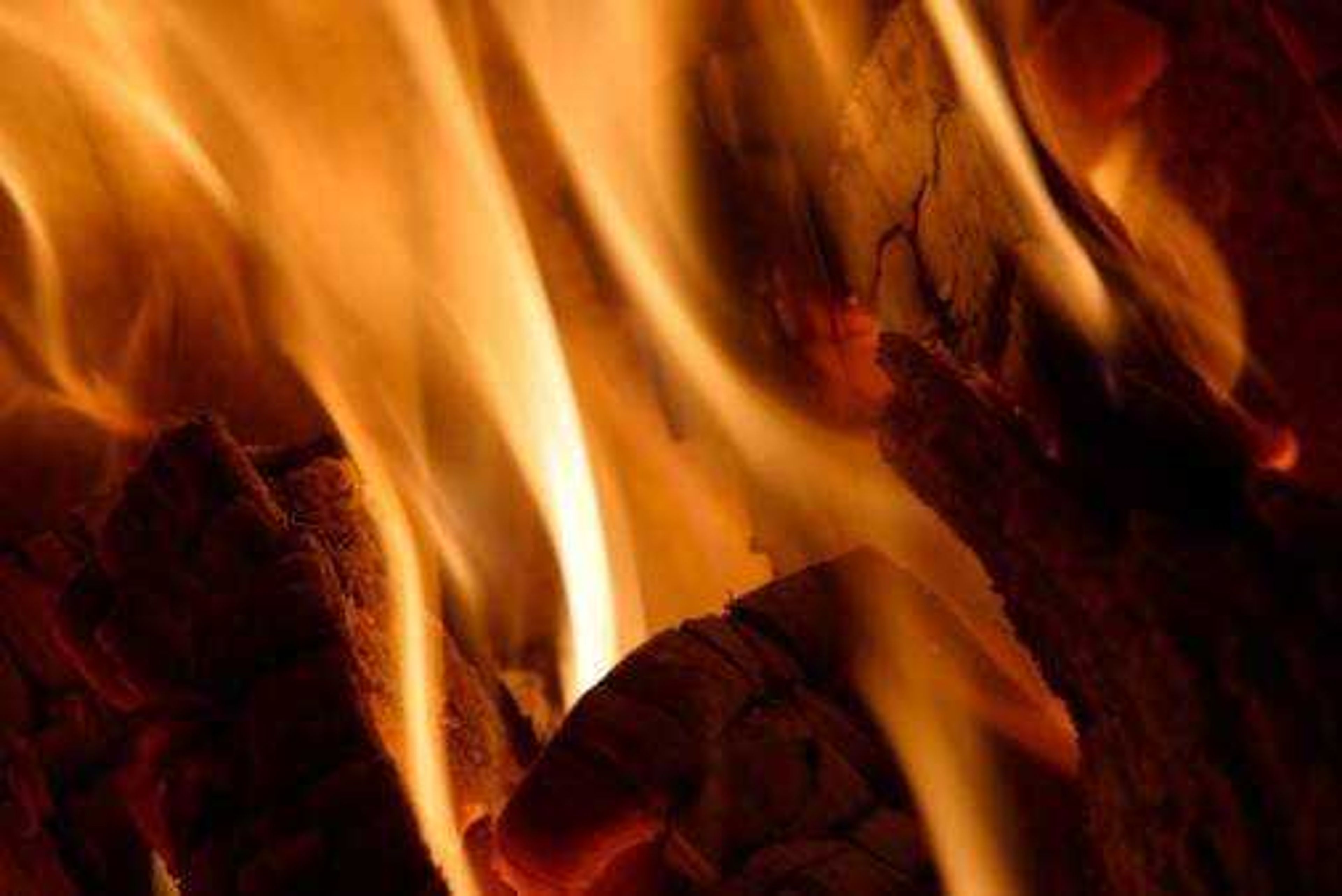Firefighters urge caution with onset of winter
On an icy December evening, many of us may relish the prospect of curling up under an electric blanket, sipping a mug of homemade cocoa and listening to the fireplace crackle as the lights twinkle on the Christmas tree. But local firefighters advise taking a few precautions to make sure that cozy scene doesn't turn into an expensive and dangerous disaster...
On an icy December evening, many of us may relish the prospect of curling up under an electric blanket, sipping a mug of homemade cocoa and listening to the fireplace crackle as the lights twinkle on the Christmas tree.
But local firefighters advise taking a few precautions to make sure that cozy scene doesn't turn into an expensive and dangerous disaster.
Electrical problems, smoking materials, kitchen equipment and inappropriately discarded ashes are among the most common sources of house fires, said assistant chief Mark Hasheider of the Cape Girardeau Fire Department.
Aging Christmas lights, overloaded electrical outlets and improperly maintained Christmas trees can pose a fire hazard, said Ivan LaGrand, a fire inspector for the Cape Girardeau Fire Department.
In addition to keeping fresh trees adequately watered, LaGrand advised inspecting lights every year.
"If they're worn, the bulbs are loose, wires are showing, it's time to trade them in and get new ones," LaGrand said.
Cheap extension cords also pose a fire hazard, he said.
"Just because there's five or six outlets on them doesn't mean you have to use all five of them," LaGrand said.
Instead, he suggested plugging multiple strands of lights into power strips, which are designed to handle a larger electrical load, or upgrading to newer bulbs, which tend to be cooler and more energy-efficient.
"The LEDs can give a brighter, a prettier show" while reducing the risk of an electrical fire, LaGrand said.
Those who include candles in their decorating should take care to extinguish them before going to sleep or leaving home, he said.
LaGrand and Hasheider said fireplaces and chimneys should be cleaned and inspected annually to prevent flue fires.
"It's just good maintenance to have it looked at by an outside professional," LaGrand said, noting that creosote buildup or unnoticed hairline cracks in the chimney can lead to damage.
And while there may be nothing cold as ashes after the fire is gone, Hasheider recommended careful storage and disposal of those ashes to prevent unexpected flare-ups.
Buried embers, compressed under layers of ash, can smolder for days, he said.
He recommended storing ash in a metal container and cooling it thoroughly with water.
LaGrand said modern space heaters are safer than older models -- which may lack features such as protective screens or kill switches -- but "common sense" precautions are still in order.
He suggested leaving 3 feet of clearance around heaters to keep nearby objects from overheating.
"After a while, ... it can heat up items to catch fire," LaGrand said.
Like Christmas lights, electric blankets should be inspected for signs of wear or damage before use, LaGrand said.
"They're great, but again, just wear and tear, them being folded or the coating coming off the wires, it can be a hazard," he said. "If it's looking old and worn, it may be time to get something new."
When winter weather knocks out power lines, improvised heat sources can cause serious problems, Hasheider said.
For instance, some people may be tempted to use the kitchen stove to heat their homes, he said.
"Keep in mind they are not designed to run for exceptionally long periods of time and to be utilized as a warming device," Hasheider said.
As Southeast Missouri braced for a winter storm Thursday afternoon, the Sikeston Department of Public Safety issued a news release reminding residents to exercise caution with generators and heat sources.
Among the department's advice: Never use a barbecue grill to heat a home, as it will produce carbon monoxide, an odorless, potentially lethal gas that can build up quickly in enclosed spaces.
Kerosene heaters and electric generators, installed and used properly, are safer options, Hasheider said.
"Properly" is the operative word.
Generators produce carbon monoxide and should never be operated in garages, basements or other enclosed spaces, Hasheider said.
He said some users may try to "backfeed" electricity from generators into circuits -- a practice that is both dangerous and illegal.
In its news release, Sikeston DPS also cautioned against fueling generators while they are running, as hot engine parts can ignite spilled fuel, or overloading generators, which can damage appliances and lead to electrical fires.
epriddy@semissourian.com
388-3642
Connect with the Southeast Missourian Newsroom:
For corrections to this story or other insights for the editor, click here. To submit a letter to the editor, click here. To learn about the Southeast Missourian’s AI Policy, click here.









